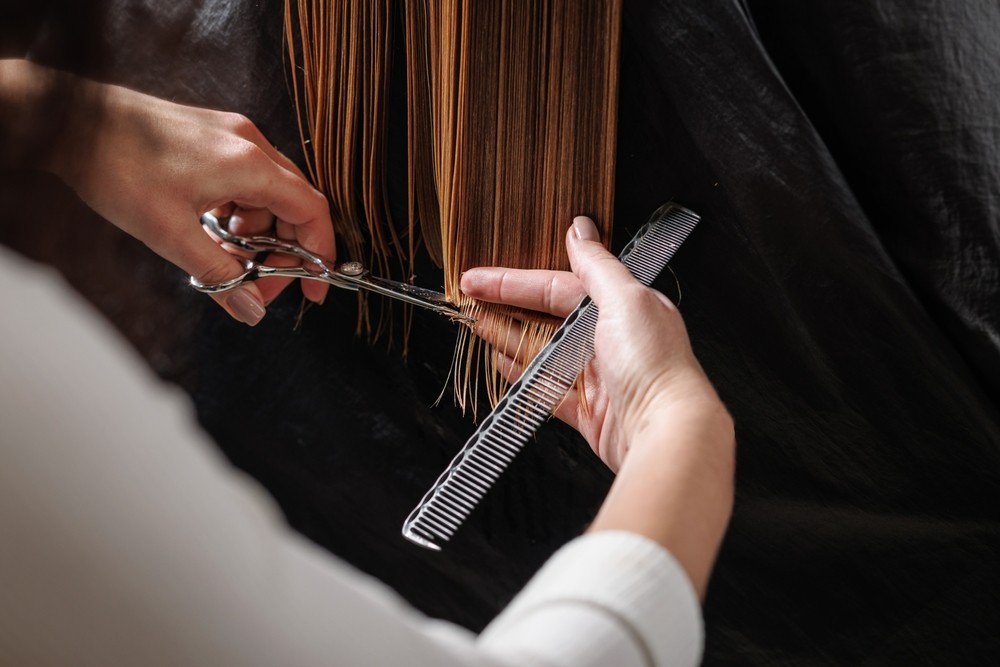Should people working in the hair and beauty industry be treated as employed or self-employed?
Salon owners renting out chairs to other businesses is a growing trend, but for those working in salons, this business model can blur the line between employment and self-employment.
HMRC recently published guidance to help people understand this important distinction, which will affect businesses who rent out chairs and the workers who rent them.
When it comes to tax liabilities, incorrect classification can result in serious consequences – especially if HMRC catches a mistake after conducting a compliance check.
So, if you work in hair and beauty, you need to make sure you’re filing and paying taxes correctly.
Self-employment classification
For some salons, the classification will be simple enough – such as situations where the owner doesn’t work in the salon themselves, but rents chairs to others who work independently.
However, in other cases, there may be a mix of working owners, salon employees, and chair renters all operating in the same salon. This will make the classification less clear, particularly if the salon presents a common brand identity for everyone working in the shared space.
If the salon hasn’t already implemented them, there are several ways to establish self-employed status that should be straightforward for chair renters to apply.
For example, chair renters should have their own:
- Business bank account
- Business insurance
- Equipment and products
- Client list and business records
As long as income is separated for each renter, a shared till or card machine shouldn’t be an issue.
Problem areas for chair renters
Workers who rent chairs in salons should ideally be able to decide the hours they work and when they can take time off. However, a salon with walk-in customers will need a minimum number of workers available during opening hours, so these decisions may be more of a compromise between salon owners and chair renters.
Similarly, chair renters should set their own prices, but if everyone in the salon offers the same services, this can become a problem. However, even if there is common pricing throughout the salon, each renter should provide their own price list and set their own prices for any exclusive services.
Are you a self-employed chair renter or an employee?
Whether you sometimes offer at-home haircuts as a side hustle or work in a professional salon, your employment status will determine your tax code, National Insurance Contributions (NICs), and tax filing obligations – including Making Tax Digital (MTD) requirements.
If you work in the hair and beauty sector, you can check your employment status online using the guidance on the government website and the Check Employment Status for Tax (CEST) tool.
If you would prefer to have a professional advise you on your employment status and manage your tax account, our accountants in Barnsley provide a range of services that you could benefit from.
To find out how the gbac team can help you, call us on 01226 298 298, or email us at info@gbac.co.uk and we’ll get back to you with more information.
